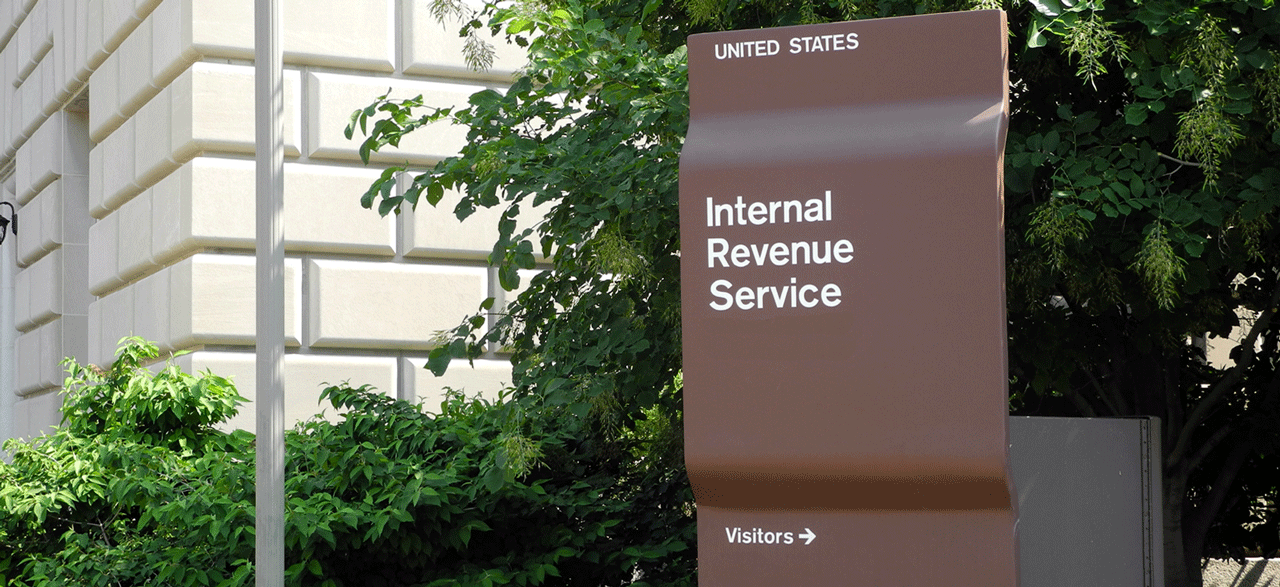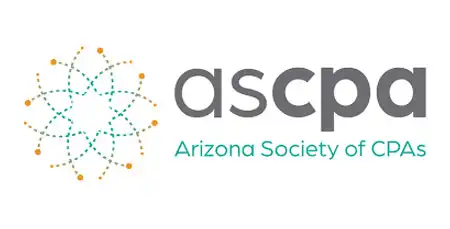What You Should (and Should Not) Do If You Receive Mail from the IRS or State Tax Agencies
Most letters and notices from tax agencies are about tax returns or tax accounts, pertain to a specific issue, and include specific instructions on what to do.
Every year the IRS and state tax agencies mail letters or notices to taxpayers for many different reasons. Typically, it’s about a specific issue with a taxpayer’s tax return or tax account. A notice may tell them about changes to their account, ask for more information, or advise them that a tax payment is due.
Here are some do’s and don’ts for anyone who receives mail from the IRS or state tax agencies:
- Don’t ignore it. Most letters and notices are about tax returns or tax accounts, pertain to a specific issue, and include specific instructions on what to do.
- Don’t throw it away. Keep any notices or letters you receive. These include adjustment notices (when an action is taken on the taxpayer’s account) and, most recently, Economic Impact Payment notices and letters about advance payments of the 2021 child tax credit. You may need to refer to these communications when filing your 2021 tax return, and you should retain for three years from the date you filed your tax return.
- Don’t panic. Tax agencies and their authorized private collection agencies do send letters by mail. Most of the time, all the taxpayer needs to do is read the letter carefully and take the appropriate action.
- Don’t reply unless you are instructed to do so. There is usually no need to reply to a notice unless you are specifically instructed to do so. On the other hand, if a tax payment is due, you should reply with your payment. IRS.gov has information about payment options.
- Do review the information. If a letter is about a changed or corrected tax return, review the information and compare it with the original return. If you agree, make notes about the corrections on your personal copy of the tax return and keep it for your records.
- Do respond to a disputed notice. If you don’t agree with the tax agency, you should send a letter (or have us do it) explaining why you dispute the notice. You should mail your response to the address on the contact stub included with the notice and include information and documents for the agency to review when considering the dispute.
- Do take timely action. A notice may reference changes to your account, taxes owed, a payment request, or a specific issue on a tax return. Your prompt action could minimize additional interest and penalty charges.
- Do remember there is usually no need to call the IRS or other tax agency. If you must contact the IRS by phone, use the number in the upper right-hand corner of the notice. When you call the agency, have in front of you the agency’s letter and a copy of your tax return. And be prepared for a long wait time before the phone is answered.
- Do avoid scams. The IRS will never contact you via social media or text message, and will not ask you to pay over the phone. They will direct you to an online payment portal on their official website. The first contact from the IRS usually comes in the mail. If you are unsure if you owe money to the IRS, you can view your tax account information on the IRS website.
We can help. If you receive a notice, please provide it to us immediately for our review. We will advise you if there is any action to be taken in response to the notice. We will retain the notice in our records for further analysis when preparing your tax returns.
Question? Please contact your Walker & Armstrong tax professional.





